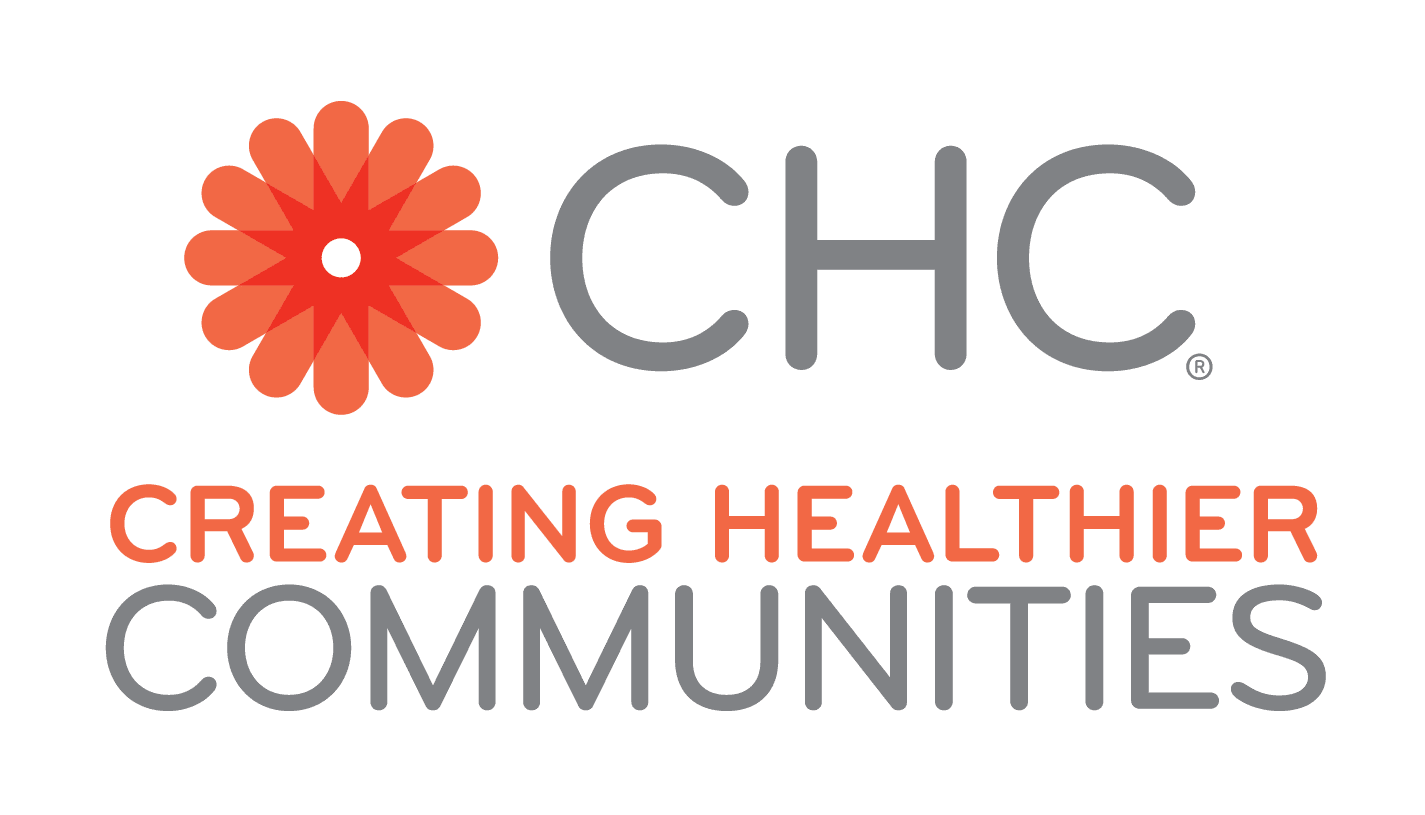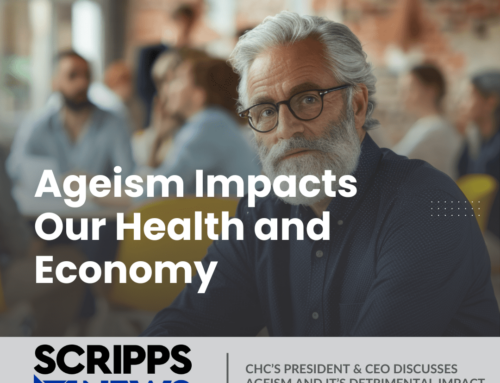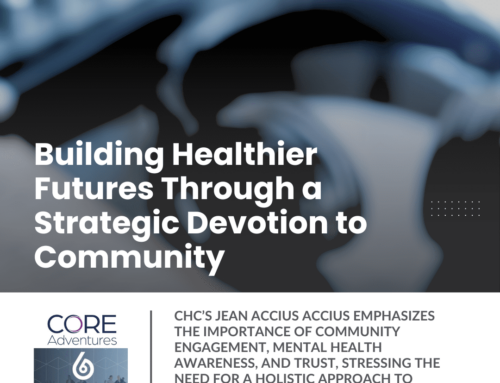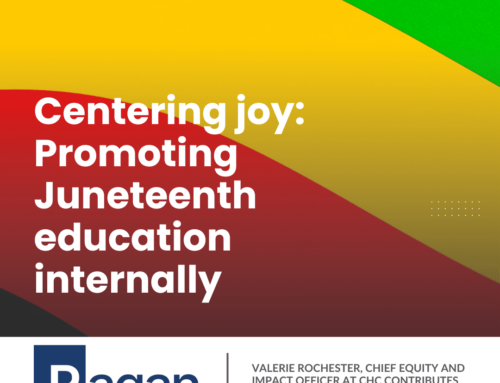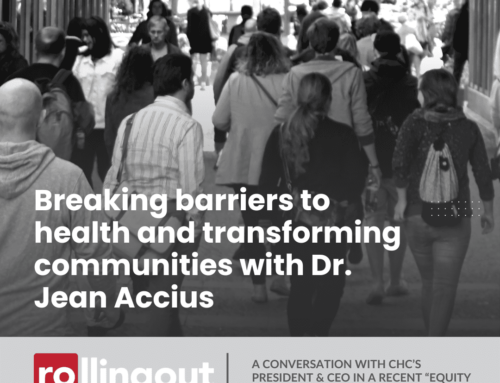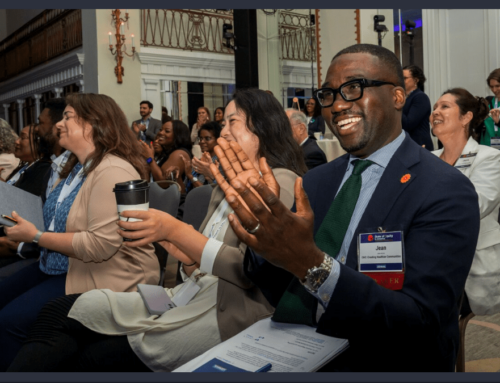The Significance of Juneteenth and Opportunities for Action
Post by Valerie Rochester, Chief Health Equity Officer
Juneteenth holds special significance for Black people across the U.S. It not only represents the symbolic milestone in the journey toward freedom for many enslaved persons; but over the years it has become known as a celebration of the culture and achievements of Black Americans, and more importantly of the resilience of people in Black communities.
Marking this important observance also means reflecting on not only from where we have come, as a people and a country, but more importantly what remains ahead. It underscores the importance of acknowledging historical injustices that continue to affect millions of people in Black communities. The pursuit for equity in all its forms, is not an historical one, but one that continues to impact the health and wellbeing of Black people.
Centuries of slavery and subsequent segregation have left a deep imprint on the health outcomes of Black Americans. Studies consistently reveal higher rates of preventable chronic conditions, such as hypertension, diabetes, and cardiovascular disease, among people in these communities. Looking beyond the root causes of these health inequities and disparities – and examining the “causes of the causes” is crucial for crafting effective strategies and interventions to decrease the impact of the social drivers of health that are negatively impacting our Black communities. At CHC: Creating Healthier Communities, we know and operate on the principle that people living in the communities most affected by health disparities are central to identifying and crafting those solutions.
The significant medical advances touted over the years in the US, have not consistently nor equitably benefited Black Americans who continue to disproportionately face barriers to health in their communities and within the healthcare system overall. Studies indicate that clinical care influences only about 20% of health and wellness. The remaining 80% of health is driven by health-related factors and physical environment and socioeconomic factors such as education, employment and community safety.
Juneteenth provides an opportunity for reflection and commitment to action. As we acknowledge the meaning of this day, we much also acknowledge that regardless of how far we feel we have come, we are still far away from having communities and systems that enable people, regardless of who they are or where they are, to live their healthiest lives. To have access to equitable healthcare systems that engender trust by listening to and understanding the needs, issues and concerns of community members. Also, by ensuring that services – whether medical, social or support services – must be culturally humble, access to preventive services must be increased and we must invest in community-informed and community-based interventions that address the social drivers of health that most affect the lives and livelihood of residents. Through sustained advocacy, education, and building trusting community partnerships, we can honor the spirit of Juneteenth by working and planning for a future where everyone has the opportunity to achieve optimal health and well-being.
At CHC, we center and ground our work in the lived experiences of people and communities closest the social and health disparities challenges. We value community perspectives and insights, which guide our work using both existing research and community realities. We apply an equity and justice focused lens to all that we do, aiming for population and community health impact by addressing the access, systemic and structural barriers in communities.
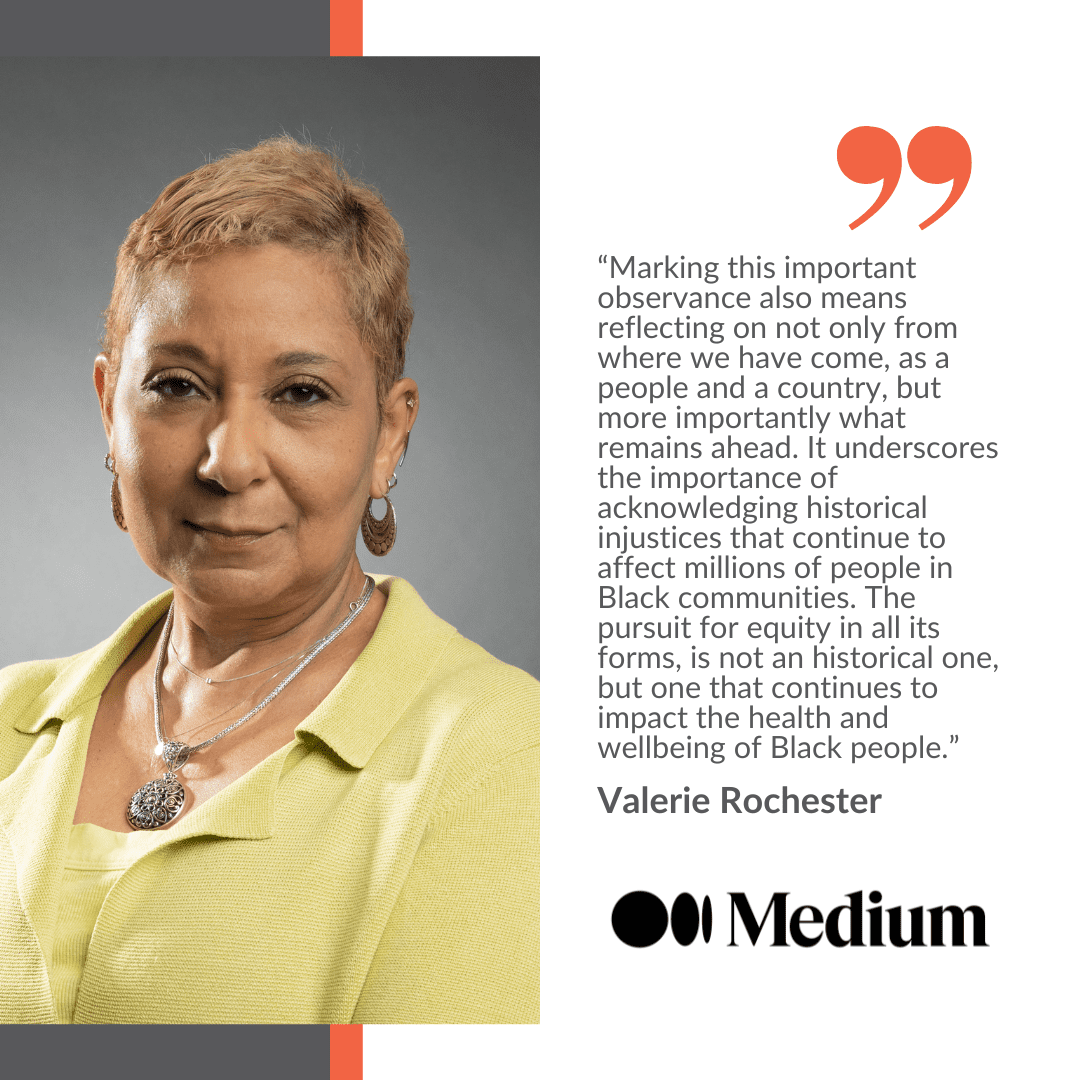
Valerie L. Rochester has over 25 years’ experience as a public health strategist, working across public and community health, social services and health philanthropy sectors. She lives by and approaches her work in alignment with one of her favorite quotes – “Service is the rent we pay for the privilege of living on this earth.”
In May 2021, she became Chief Health Equity Officer with Creating Healthier Communities, providing strategic direction for the organization’s health equity focus, including its community-centered and justice-focused culture and ensures funding investments and other resources are directed to those who are leading the work in their communities.
Included in her prior work experience with a range of community based and national organizations are as Chief Program Officer at AIDS United, a leading national HIV advocacy, policy and grantmaking organization in Washington, DC., and Director of Programs & Training with the Black Women’s Health Imperative. Because of her commitment to addressing health inequities in Black and brown communities, Valerie is a past recipient of the Congressional Black Caucus Healthcare Hero Award.
